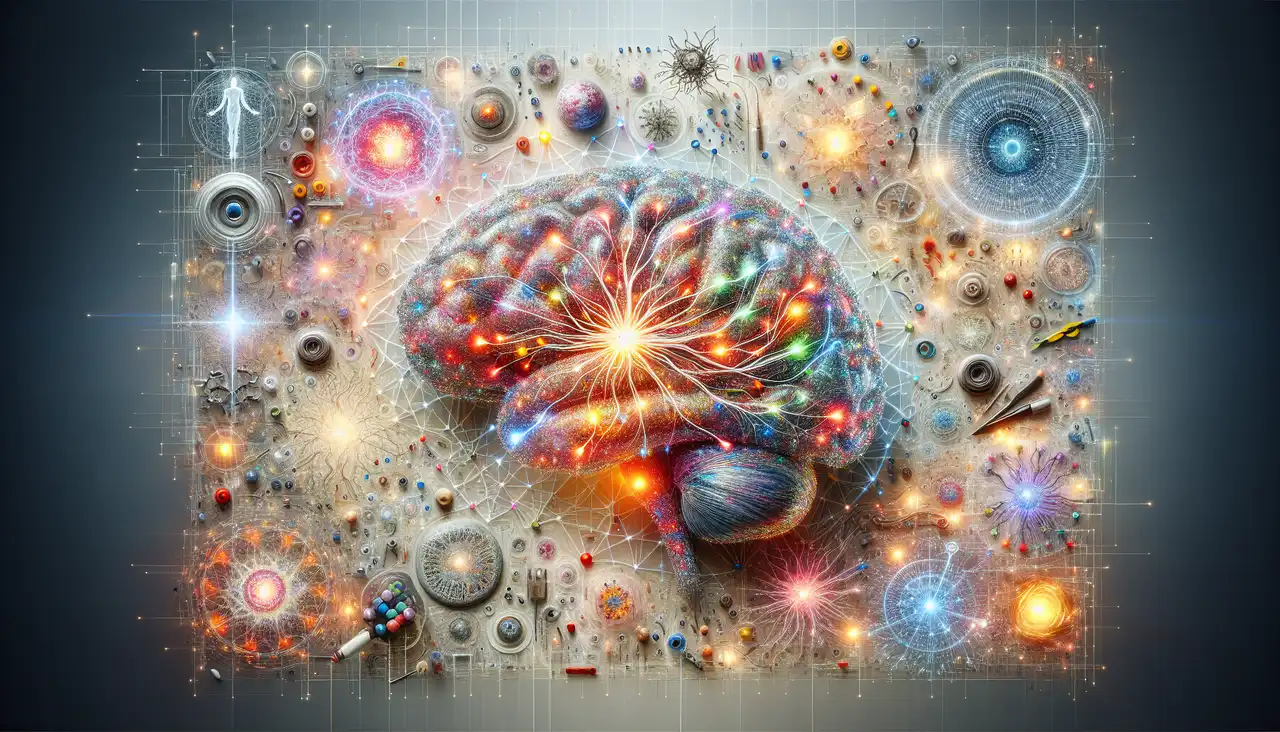

John F Disterhoft
Emphasizing adaptability and resilience in his academic journey, John F. Disterhoft, Professor Emeritus of Neuroscience at Northwestern University, has made significant strides in the fields of learning, memory, and neurophysiology. With a career spanning several decades, he has focused his research on understanding the intricacies of eyeblink conditioning, hippocampal function, and the neurobiological underpinnings of Alzheimer's disease. His work has not only advanced scientific knowledge but also provided valuable insights into the aging process and neurodegenerative conditions. Professor Disterhoft's research is characterized by a deep commitment to exploring the biophysical mechanisms that underlie learning and memory. His studies on the hippocampus have been particularly influential, shedding light on how this critical brain region contributes to cognitive processes and how it is affected by aging and disease. Through his innovative use of animal models, he has been able to simulate neuropsychiatric conditions, offering a window into potential therapeutic approaches for disorders like Alzheimer's disease. In recognition of his substantial contributions to neuroscience, Professor Disterhoft has achieved an impressive h-index of 69 and an h10-index of 1968 as of 2023. These metrics reflect his prolific publication record and the widespread impact of his work within the scientific community. His dedication to advancing the field is further demonstrated by his active involvement in the Medical Scientist Training Program and the Northwestern University Interdepartmental Neuroscience PhD Program. Through these roles, he has mentored countless students and researchers, fostering a new generation of scientists equipped to tackle the challenges of neurodegenerative diseases. Beyond his research, Professor Disterhoft is known for his collaborative spirit and commitment to interdisciplinary approaches. He has worked closely with colleagues across various fields, integrating insights from biophysics, neurophysiology, and behavioral science to develop a comprehensive understanding of brain function. His work continues to inspire and guide ongoing research efforts, ensuring that his legacy will endure in the scientific community for years to come.
Publications
, 171-171, 2000-01-01
, 15154-15159, 2008-09-30